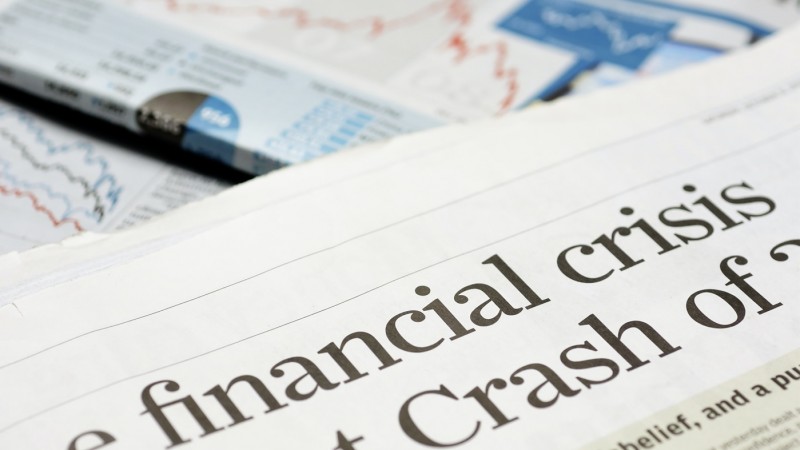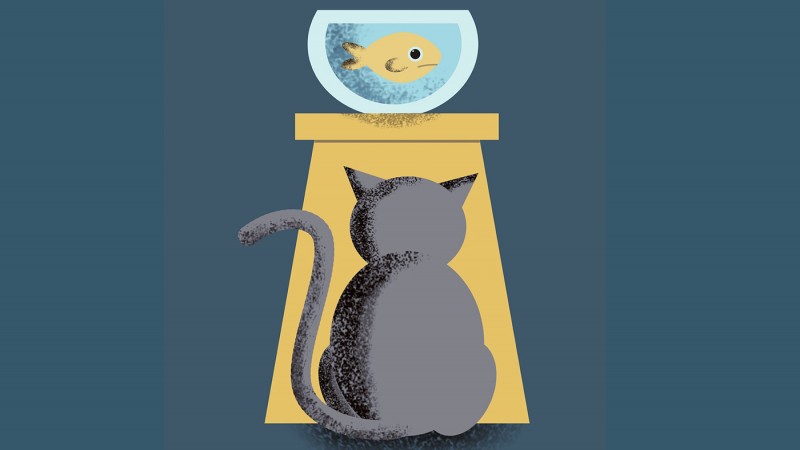Don't Fall for High Interest Loans in Times Like These
- Detalles
- Escrito por Will from Holland
- Categoría: Articles

In a pinch due to coronavirus? What should you do?
Most of us have been there: we have bills to pay but we're short on cash. And we experience money pressure. But if you need money fast, and you're having problems coming up with it, the last thing you should do is move quickly and get a loan to cover your gap. It may cost you!
When it comes to money problems, the winner can be you, not a rip-off lender. Face your problems, and realize that you don't have to go it alone.
Many loan companies realize that people are in a hurry and hurt for cash, and these people are targeted with one goal: to make money. Some of these lenders are legitimate, in the sense that they follow the letter of the law. However, some are scams. But in FoolProof's view, none of them are out to truly help you, and they will let you ruin your financial picture (even more) if you're not careful. Remember: It isn't the job of these lenders to tell you if you're making a mistake.
Some states make it easy for you to run into these kinds of problems by allowing high-interest lenders to charge any interest rate they want for borrowing between $2,500-$5,000.
How about charging 97% interest? Or 186%? Or 224% interest? Lenders will tell you those rates are based on a person's credit worthiness. But FoolProof and many consumer advocates strongly disagree. The rate is partly based on your willingness to pay "on demand" as some lenders quaintly say.
What could one really high-rate loan do to you? Let's say you borrow $2,600 for 47 months, and agree to a 179% interest rate. It may be a quick way to get cash, but if you do the math, you would pay about $15,000 total in interest. Do you think that loan will make your money problems go away? Think again!
You're not going to fall for a loan like that, right? But you may be in a bind, and you're offered a loan at 35%. Excellent! The trouble is that 35% can also be considered a high interest loan. Even at 35%, you'd throw away about $2,210 in interest that you do not need to pay.
But you need cash now to pay a loan, or the collectors are going to be calling...
Unfortunately, regular banks are now getting into the "quick cash" act, too.
Many regular banks now offer quick cash loans, and charge you around $12-15 dollars for every $100 you borrow (quickly). That's rates comparable to payday loans (typically between $10-30 for every $100 borrowed, according to the Consumer Financial Protection Bureau), and much more expensive than (their) regular personal loans.
The Solution
First and foremost: Don't hide or be embarrassed! The minute you know you're going to be late on a loan payment, talk to the lender. Most companies will work with you and help you create a payment plan.
Second: Do not rush for a quick fix loan, regardless of how fast and easy it can be.
Third: Get help:
- Work through FoolProof's article on debt: "When to know you're in trouble with debt and fix it."
- Look at our additional resources on debt.
- Talk to a professional. Your school probably has a financial counselor. If not, your credit union's debt counselor is another option.
Fourth: Be creative and practical in looking for money sources going forward. Below are a few options to consider...
Get a loan from family or friends. Set aside your pride and ask family first. Make it a business loan: offer to pay it back in installments and with interest if need be. You could also ask a family member to co-sign with you on loan if you can't qualify for a low-interest loan on your own.
Borrow with a traditional personal loan. If your family or friends can't help you, your least expensive option is probably to get a personal loan from your credit union. With this option, you'll need to have some form of credit and get pre-approved. This can take some time. But this way, you know you won't pay rip-off rates and you will get fair treatment.
Talk with your employer. Many companies would much rather have happy employees than stressed employees or bill collectors hounding employees at work. Ask for anadvance on your paycheck or for an employee loan.
P2P (Crowdfunding) Loans. You mean crowdfunding can help personal debt problems? I hope you don't NEED to go there, but it's worked for a lot of people. Our article on crowdfunding may help.
Sell stuff. Most people are gatherers. Think of all the things you have, and see if there's anything you can do without. I recently sold an inflatable kayak and a spare bike that I didn't use. It cleaned up the shed and put some money in my pocket.
Equally important is what NOT to do...
Don't put your emergency debt on credit cards. It's called the ostrich syndrome. If your emergency money problem is your credit card debt, work out a payment plan with your credit card company now.
Stay away from payday loans or check cashing services. They can be as bad as high interest loans and sometimes worse. Payday loans can destroy lives quickly, in FoolProof's opinion.
Money problems can be tough, and can be really stressful to say the least, but they are not the end of the world. When it comes to money problems, the winner can be you, not a rip-off lender. Face your problems, and realize that you don't have to go it alone.
Good luck!
Will

































